Javier García-Bernardo
University of Amsterdam
Mar 13th, 2017





Nature, origins and political consequences of corporate networks in modern economic life?
corporate networks

Nodes:
- Companies
Links:
- Shared directors
E.M. Heemskerk, F.W. Takes, J. Garcia-Bernardo and M.J. Huijzer ‘Where is the global corporate elite? A large-scale network study of local and nonlocal interlocking directorates‘, Sociologica 2016(2): 1-31, 2016.
Mr. Jorge Paulo Lemann - Heinz - 3G Capital - AB Inbev - And another 70 positions
Nodes:
- Companies
Links:
- Ownership relationships
corporate networks
PARt 1: how to gain knowledge from complex structures?
``Uncovering Offshore Financial Centers: Conduits and Sinks in the Global Corporate Ownership Network''
https://www.nature.com/articles/s41598-017-06322-9

Javier Garcia-Bernardo, Jan Fichtner, Frank Takes, Eelke Heemskerk
OFFSHORE FINANCIAL CENTERS
Offshore Financial Center (OFC): a jurisdiction (country) that attracts financial activities from abroad through low taxation and lenient regulation.

- So, which countries are OFCs?
- Definitions differ
- Highly contested and politicized
- FDI/GDP ratio approach: substantially more Foreign Direct Investment than expected based on GDP
- Problematic because:
- No exact investment flows, just dyadic relationships
- OFC homogeneity assumption
- Large countries hard to detect
- No differentiation in roles
sinks and conduits
We look at which countries are used disproportionally in transnational ownership chains.
ORBIS DATABASE
- 200 million companies
- 70 million ownership relationships
- 10 million transnational chains



sink-OFCs

sink-OFFshore financial centers



15 companies per capita








siNKS ARE RELATIVELY STABLE OVER TIME

siNKS ARE geographically specialized
conduit-OFCs

conduit-OFFshore financial centers

Larger flows towards sink-OFCs
Larger flows from sink-OFCs

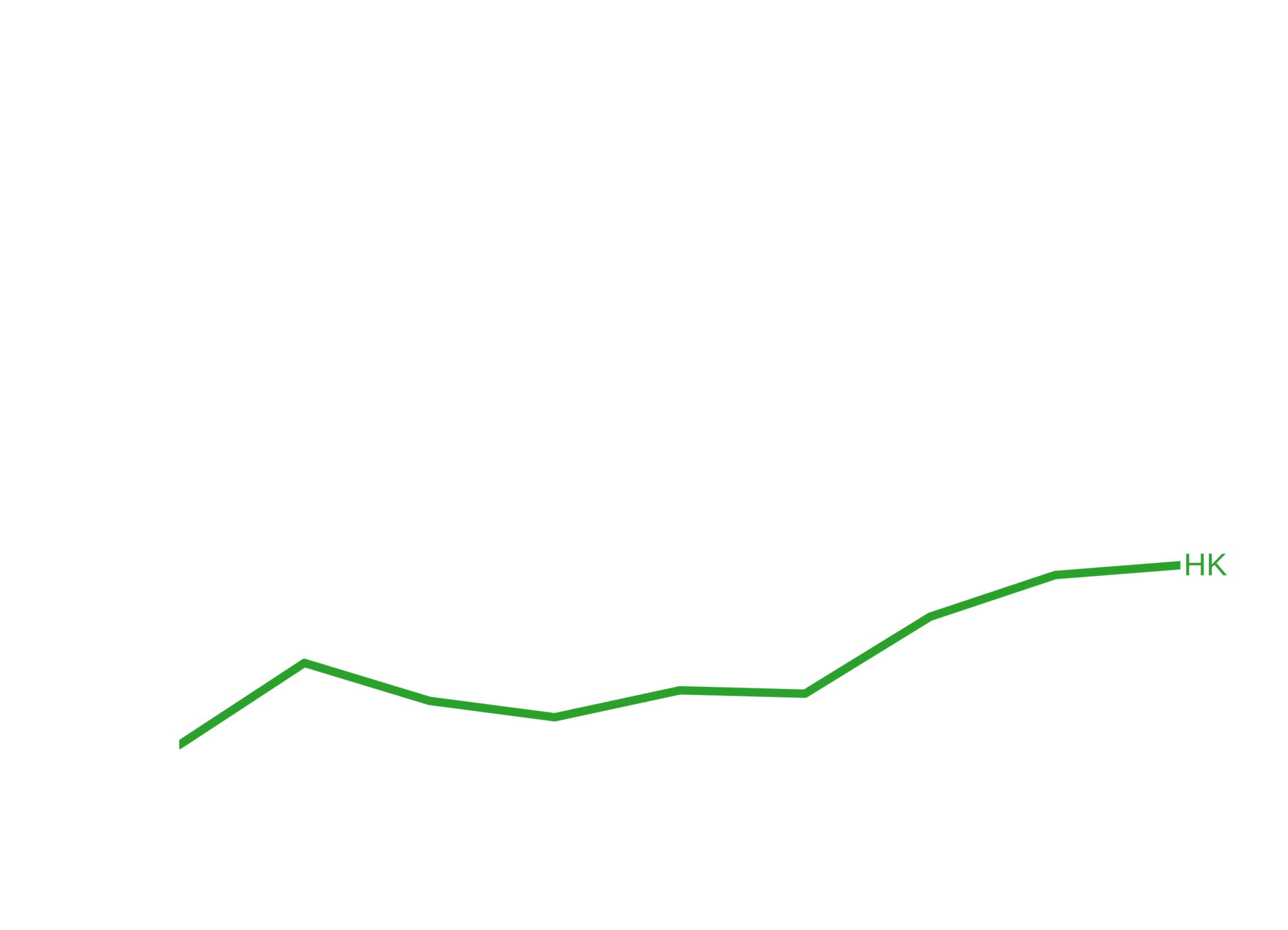
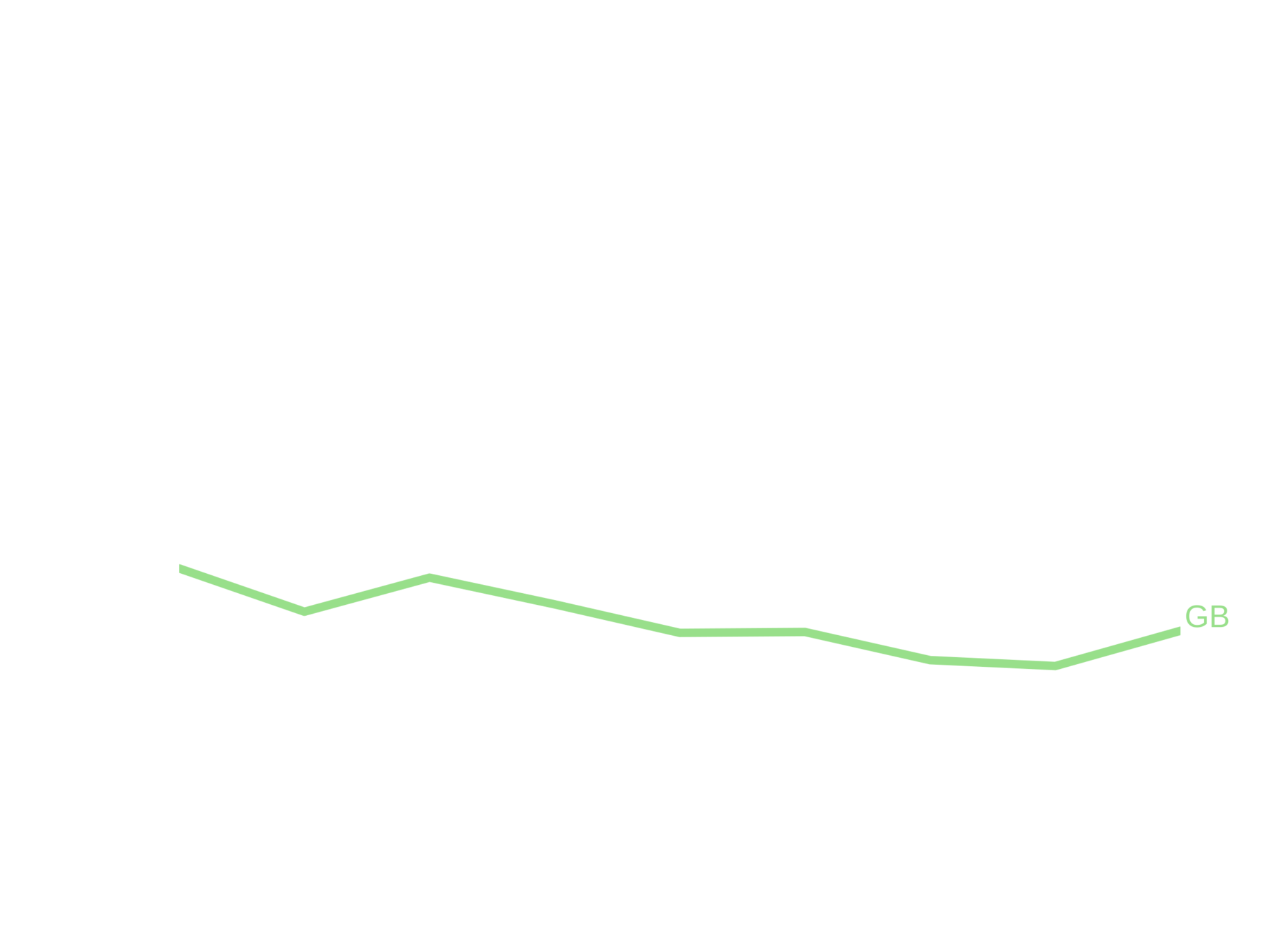
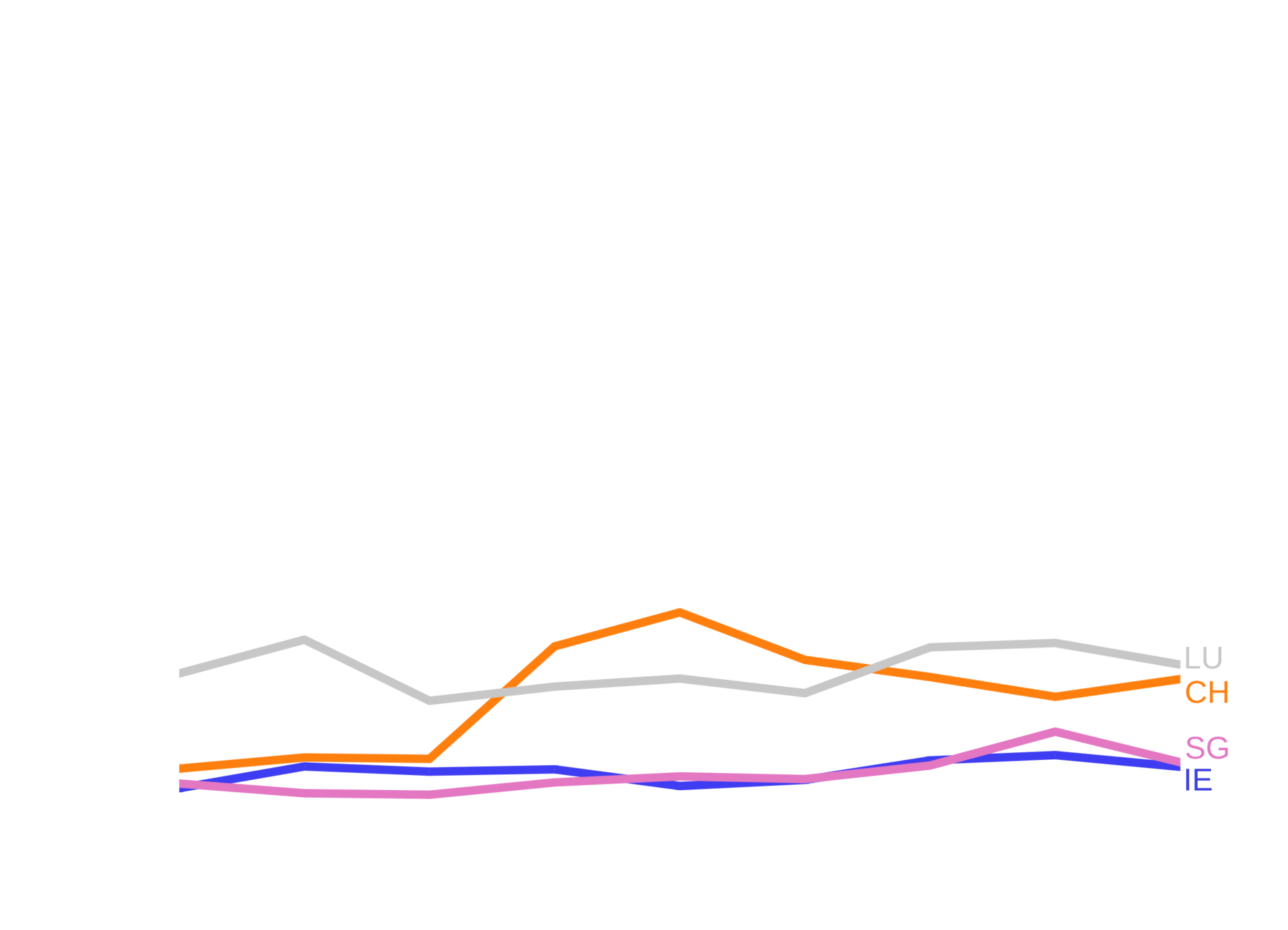


decline of the netherlands

importance of the netherlands
-
23% of all the value flowing to a sink-OFC flows through a Dutch Special Financial Institutions
- Percentage of chains that go through the Netherlands and end in:
-
Luxembourg: 40%
-
Cyprus: 30%
-
Malta: 71%
-
Curaçao: 90%
-
Lichtenstein: 30%
-
PARt 2: why the netherlands?

Historical reasons:
- Curaçao: Just before World War II, Dutch multinationals moved to CW to avoid the confiscation of assets.
- Curaçao developed a prominent and flexible management industry.
- Used to avoid withholding taxes (no longer applicable)
- Effective tax rate in CW: 2.4 - 3%
During the 80s there was a push towards attracting corporations in the Netherlands.

importance of the netherlands
Reasons
(PwC / EY / DELOITTE / KPMG)
- Logistic:
- Located in the heart of Europe.
- Outstanding infrastructure.
- Highly educated and multilingual workforce.
- Well-developed trust and management services.
- Easy to start Special Purpose Entities (SFIs in NL)
- Beneficial tax regime:
- No withholding taxes for interest and royalties.
- No real withholding tax for dividends.
- Participation exemption.
- Large number of tax treaties.
- Advance Tax Rulings (ATR) and Advance Pricing Agreements (APA)
- Investor protection
- Large number of bilateral investment treaties
- Advanced tax ruling system (increases certainty)






INDIVIDUALS INVESTING Through THE NETHERLANDS

Orbis data, blanked




INDIVIDUALS INVESTING Through THE NETHERLANDS
Orbis data, blanked
PART 3: the intermediaries

- Asset management structures are complex for two reasons:
- Mergers/acquisitions make them complex (for corporations)
- Are created complex (for corporations/individuals):
- To hedge against failures
- To avoid regulations
- To avoid taxation
- They are created by intermediaries:
- Law/trust firms (Appleby, Mossack Fonseca, Intertrust)
- Accounting/auditor firms (The Big Four)
- In the case of private investors there are usually several layers of intermediaries involved.
- 25% of all Dutch entities are registered in 1% of all addresses; 41% in Luxembourg.
the intermediaries

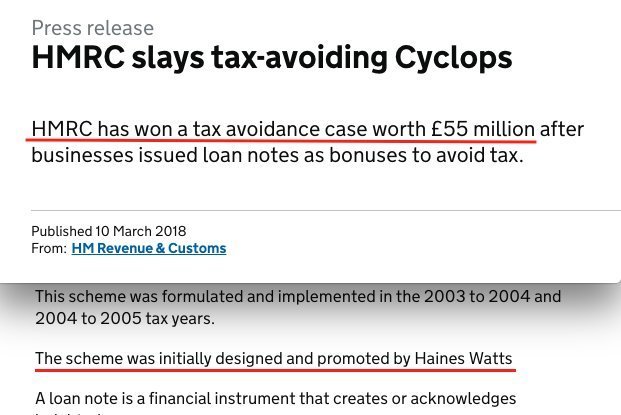
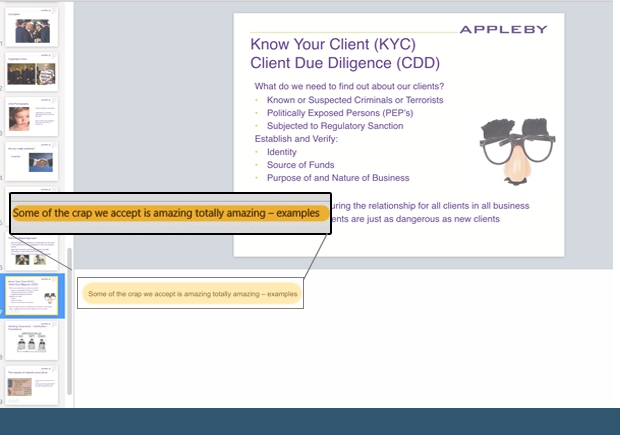
Source: Internal presentation by the director of compliance (Woods)
- - Terrorist financing offences: “We have a current case where we are sitting on about 400K that is definitely tainted and it is not easy to deal with.”
- - Set up a trust and accepted money on his behalf “without question.”
- Intermediaries typically advise clients to go offshore:
- Reduces or eliminates taxes
- Prevents courts control over assets
- Privacy: Exchange of information only on request
- "Business-friendly" legislation
- A typical trick to increase privacy is to give up legal ownership of your assets (but maintain beneficial ownership)
- Foundation/Stichting: Not private
- Trust:
- Originated from common law
- Person (trustee) accepts assets from another person (settlor), for the benefit of a third person (beneficiary).
- Private relationships, no legal entities, no record whatsoever.
- "Flee" clauses: In case of specified "trigger" events, automatically transfers the trustees, assets, and governing law of the trust to another jurisdiction.
the intermediaries
- Another trick to increase privacy is to use layering:
- Layer a trust through four countries for the trustee, settler, beneficiary and governing law.
- Add layers of shell companies within your structure in different countries.
- Exchange of information is on request. Takes 2-3 months to answer.
- The registry of corporations lie with the intermediaries.
- An investigation involves asking the company for information about one of their clients.
- How to prevent this?
- More transparency (EU, OECD)
- Using a big data approach, combining databases.
the intermediaries

summary
1. Offshore financial centers can be divided into sinks and conduits
- Sinks are:
- EU: Luxembourg, Malta, Cyprus, Jersey, Gibraltar
- Other former colonies/territories of the United Kingdom
- Conduits are:
- Netherlands, Ireland, Switzerland, Singapore, United Kingdom
2. The Netherlands is the largest conduit in offshore finance:
- Long history of offshore asset management
- Great infrastructure, services and taxes
- It is declining: more strict regulations in the last decade
3. Asset management structures are becoming more complex. We need new techniques to be able to detect tax fraud.

corpnet.uva.nl

@javiergb_com
@uvaCORPNET

javiergb.com
corpnet@uva.nl
garcia@uva.nl
This presentation: slides.com/jgarciab/bd
Belastingdienst presentatie March 2018
By Javier GB
Belastingdienst presentatie March 2018
sink and conduits in Corporate Structures
- 1,696



